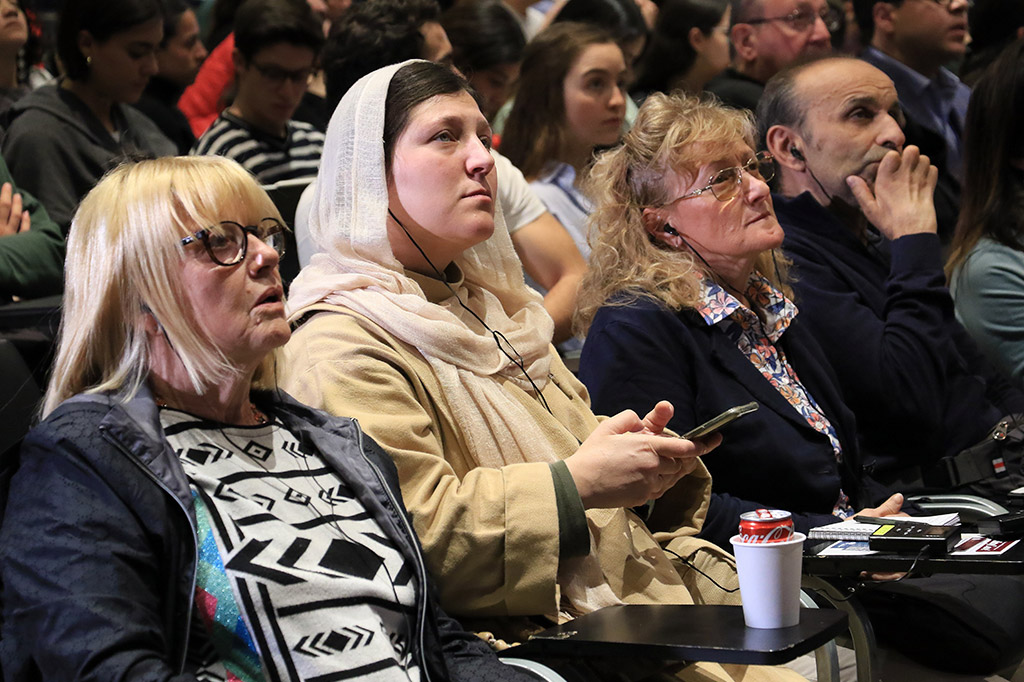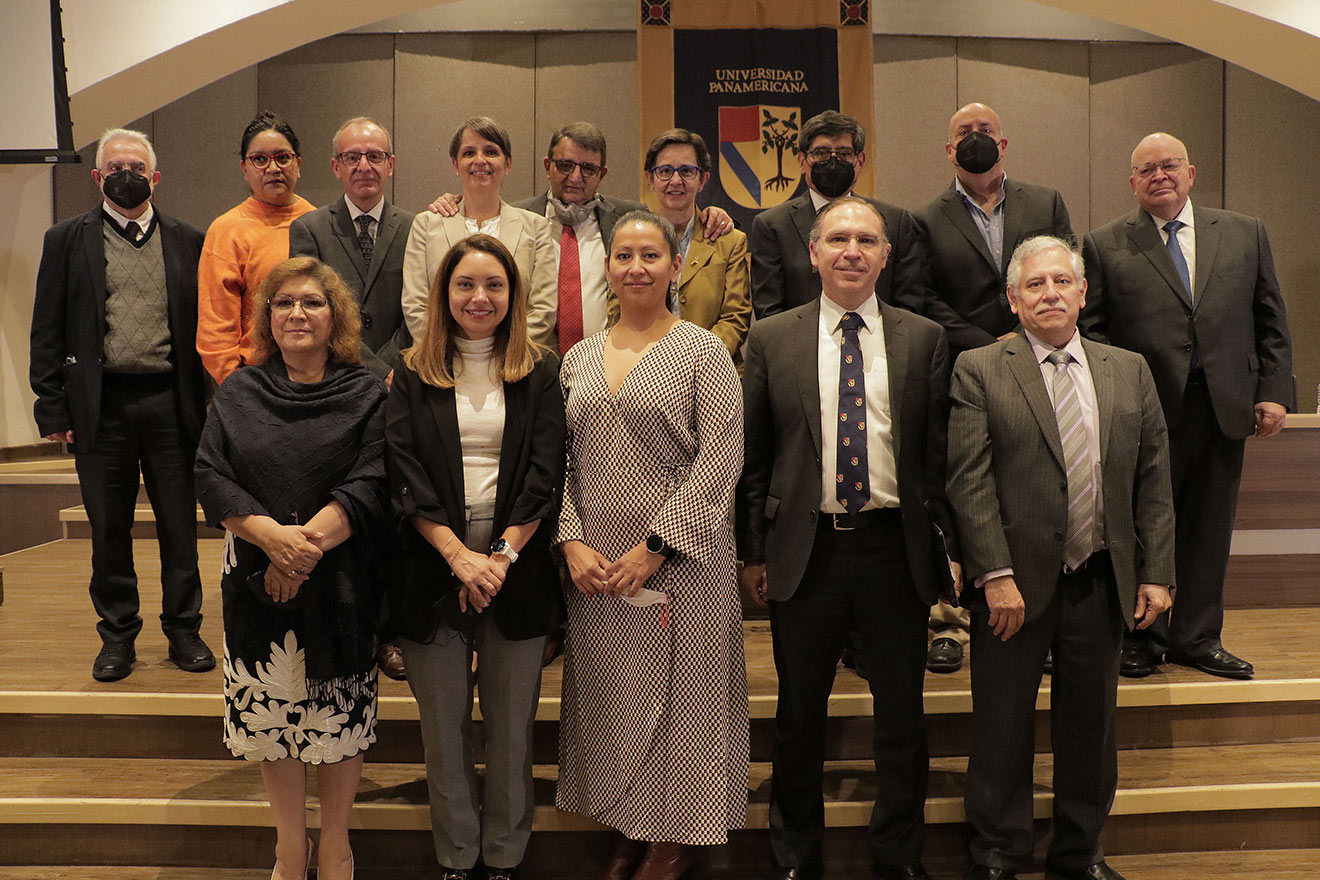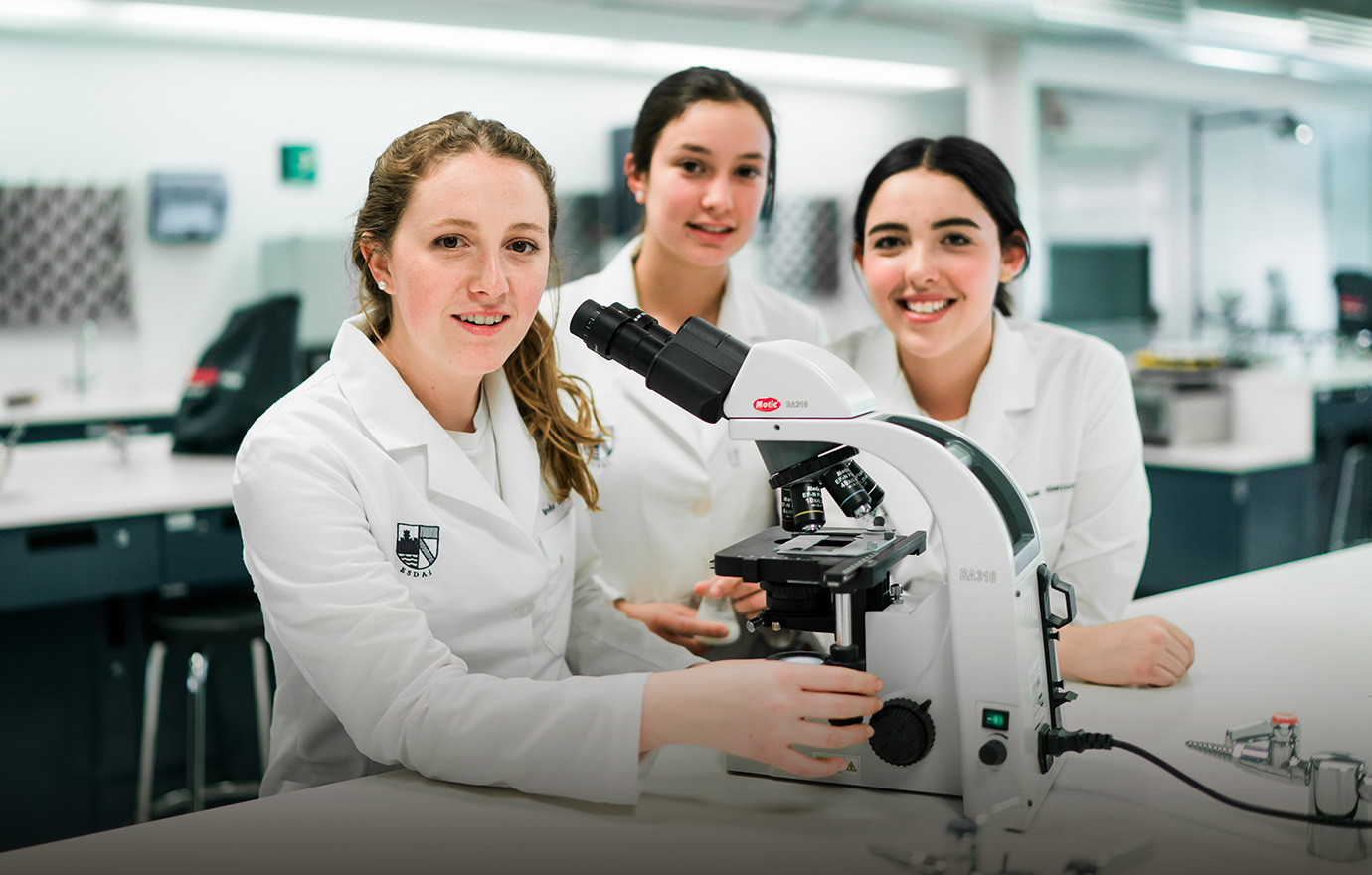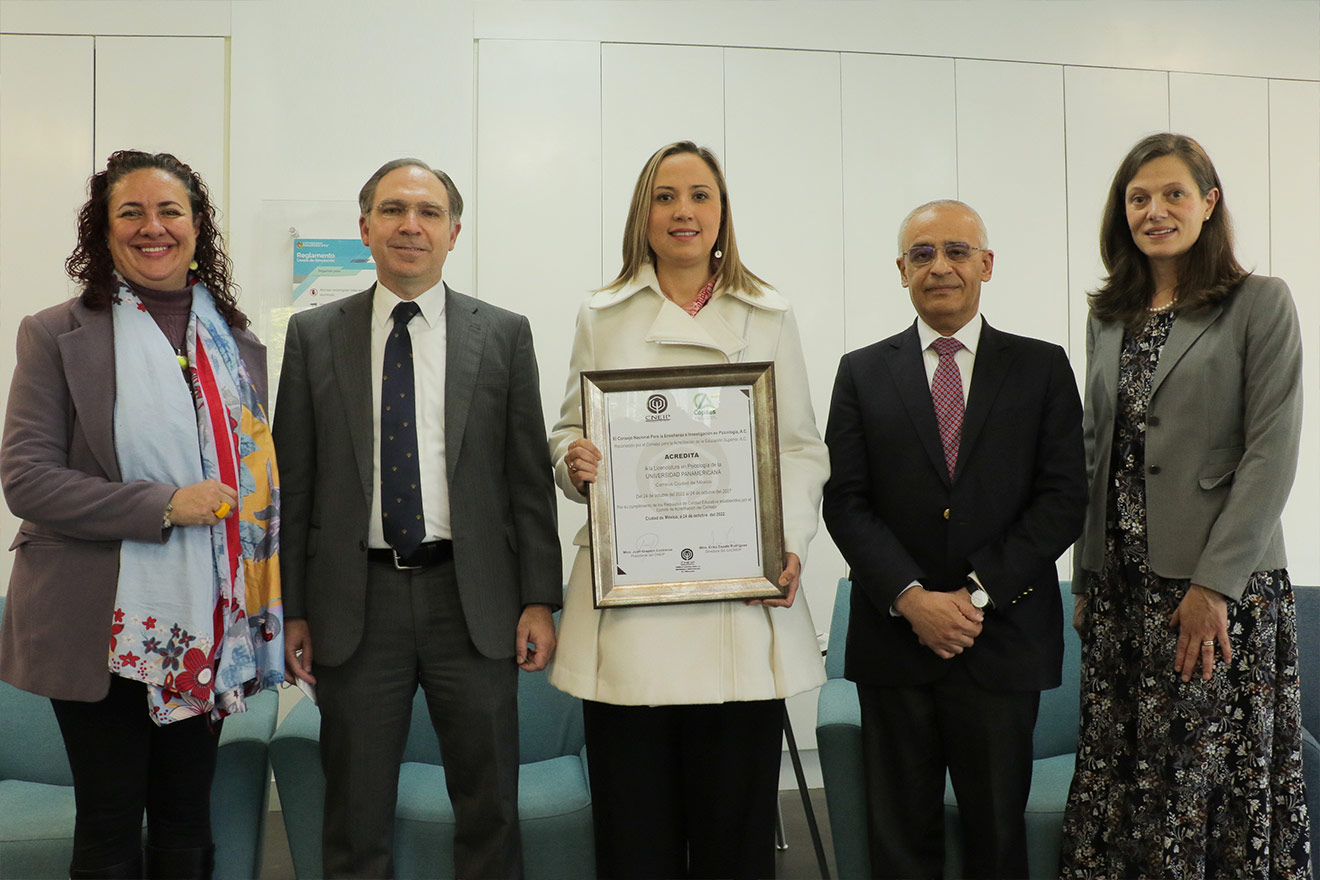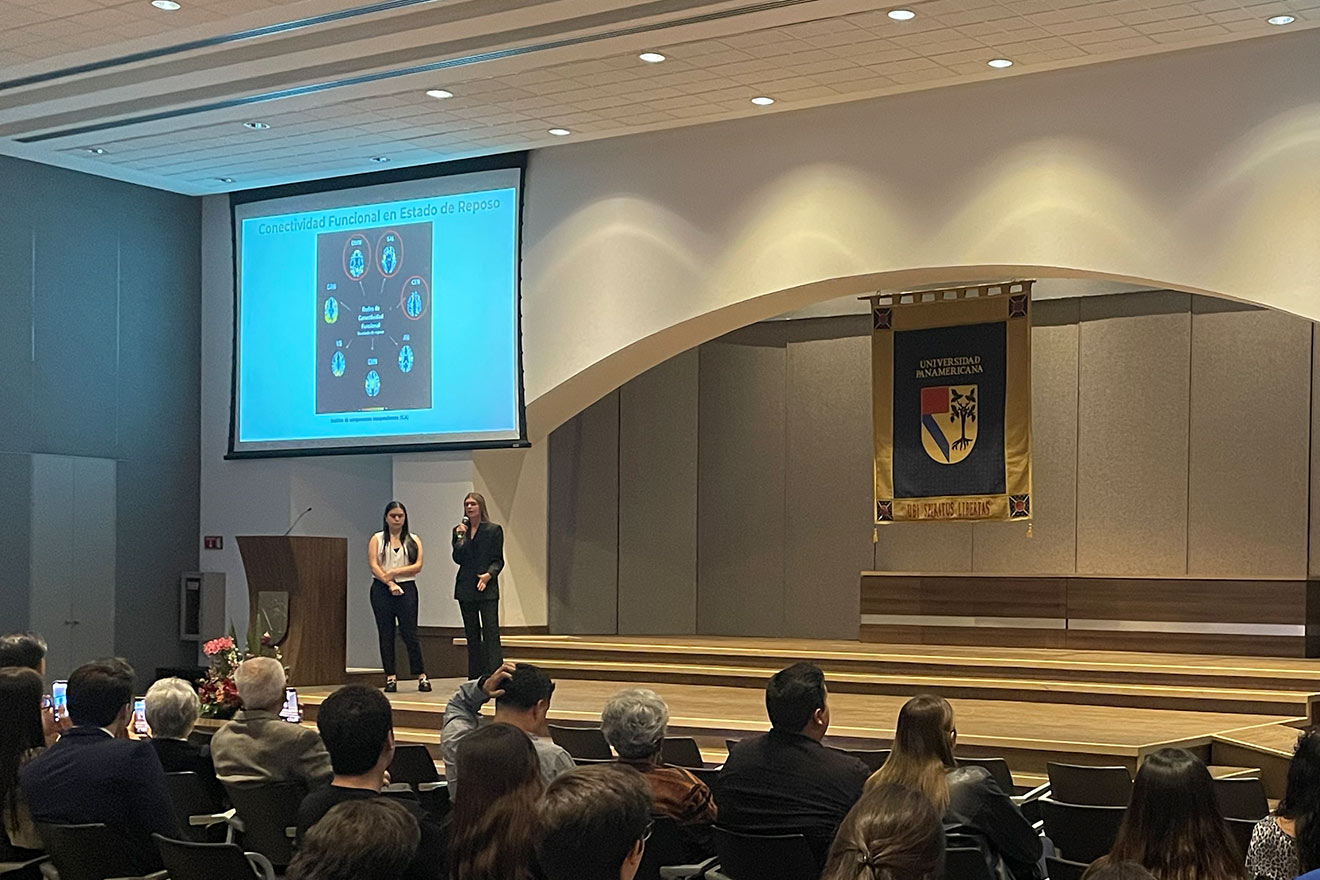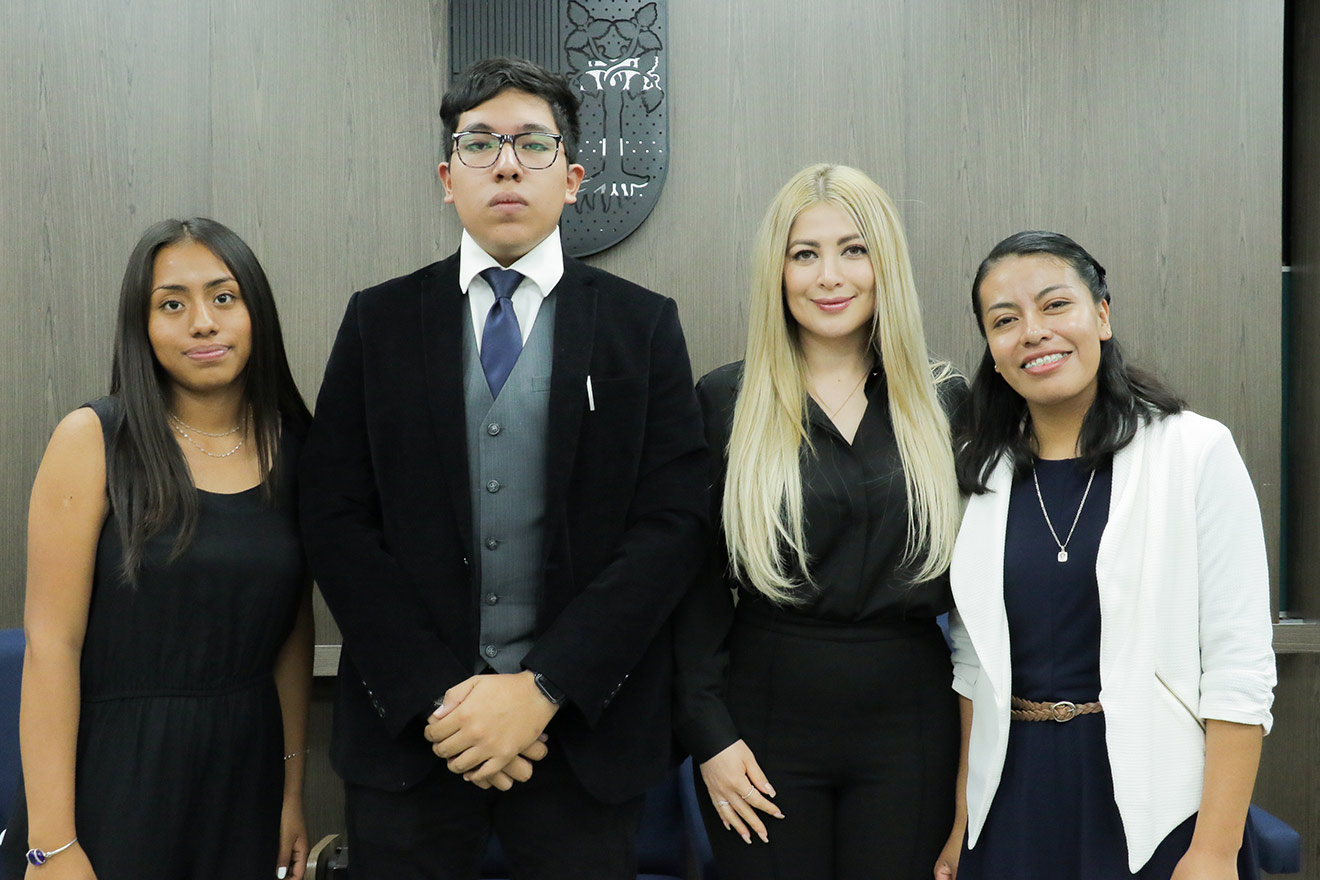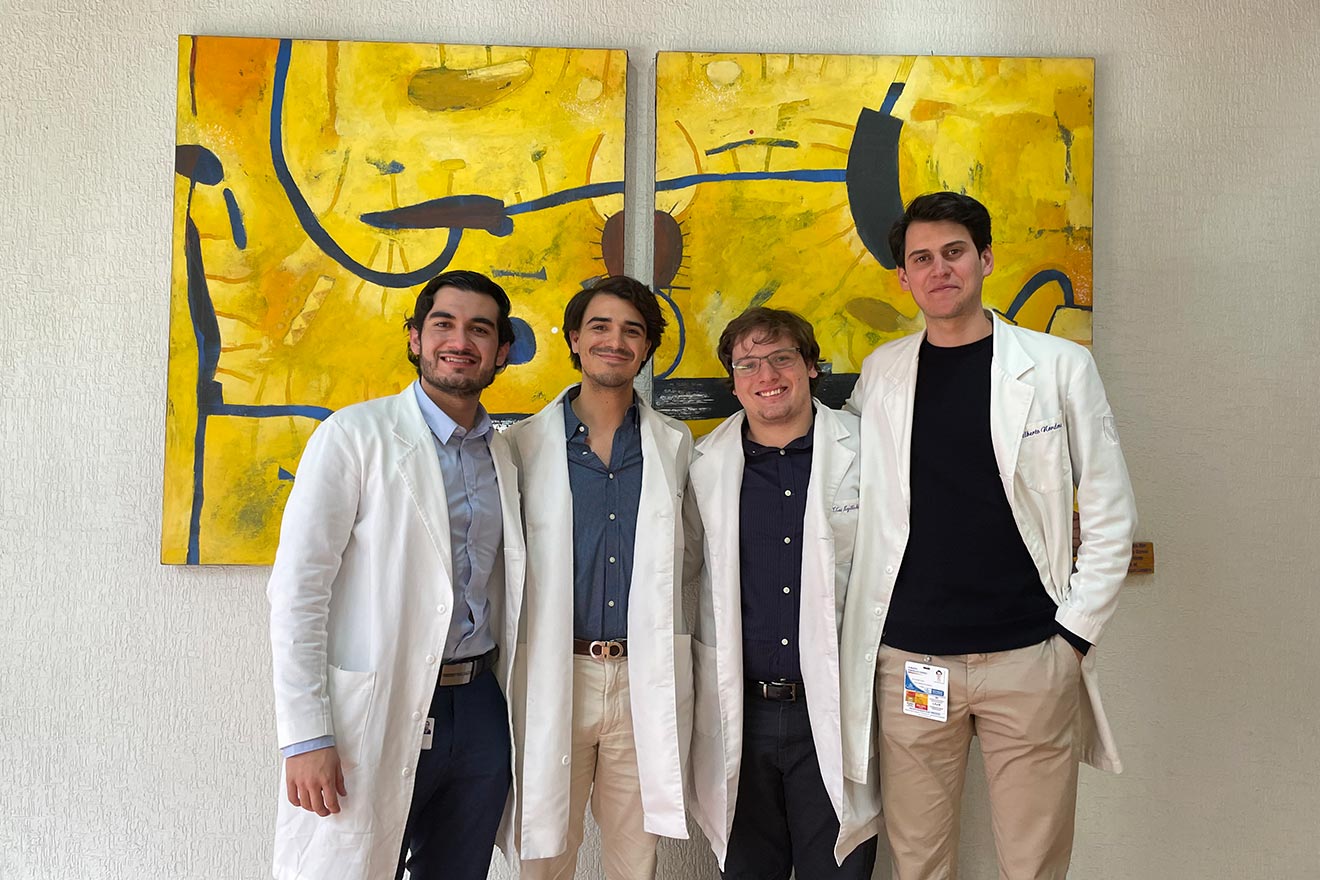Mexico City, April 1, 2024.- The School of Health Sciences of the University of Mexico held the Universidad Panamericana held the International Symposium on Fetal Medicine Update, an event that brought together Italian entities such as the Episcopate and the Ministry of Health.The event brought together Italian entities such as the Episcopate and the Ministry of Health.
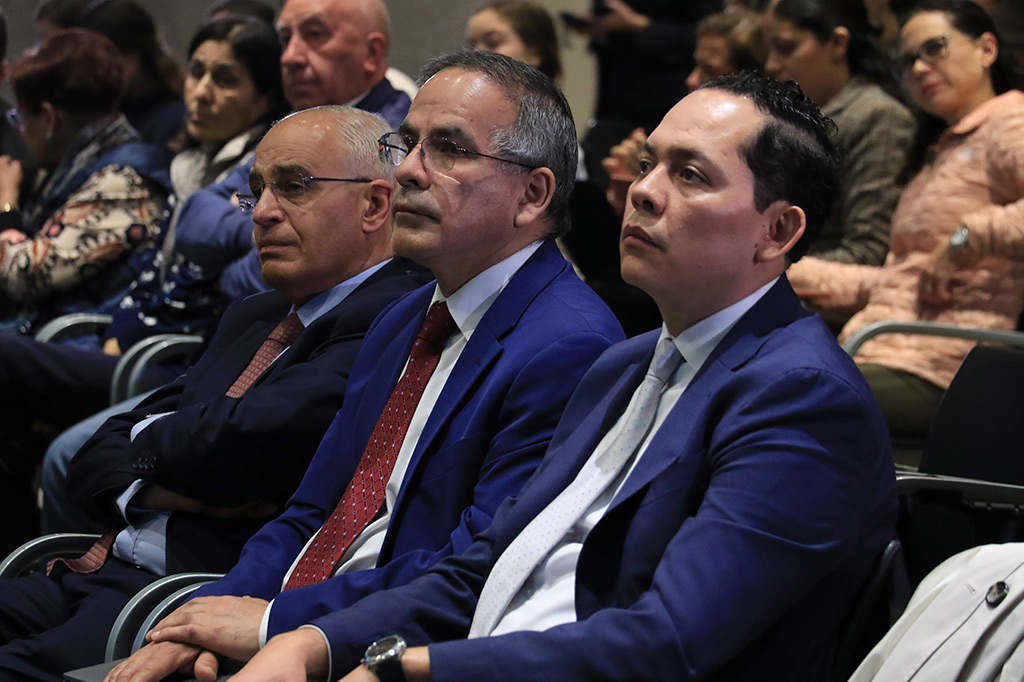
The fetus as a patient and its multidisciplinary approach
Dr. Lourdes González del Rincón, Genetic Physician and Dean of the Panamerican School of Medicine, gave the conference The fetus as a patient and its multidisciplinary approach..
Dr. González del Rincón reflected on bioethical aspects related to fetal medicine and the importance of considering the fetus as a patient in the medical approach. She emphasized the relevance of the medical team in providing close and empathetic care to the pregnant woman, the fetus and the whole family.
He also explored the evolution of fetal medicine, highlighting the technological advances that make it possible to obtain detailed information about the fetus, both structural and genetic, through methods such as high-definition ultrasound and genetic testing.
The question of who is the patient in this type of multidisciplinary approach was raised, noting that it can be exclusively the fetus, the mother, or both, as well as the importance of also considering the participation of the father and other family members in decision making.
He also stressed the importance of including professionals such as psychologists and specialists in spiritual support, as well as a clinical bioethicist, in multidisciplinary teams to ensure comprehensive and ethical care for patients and their families.
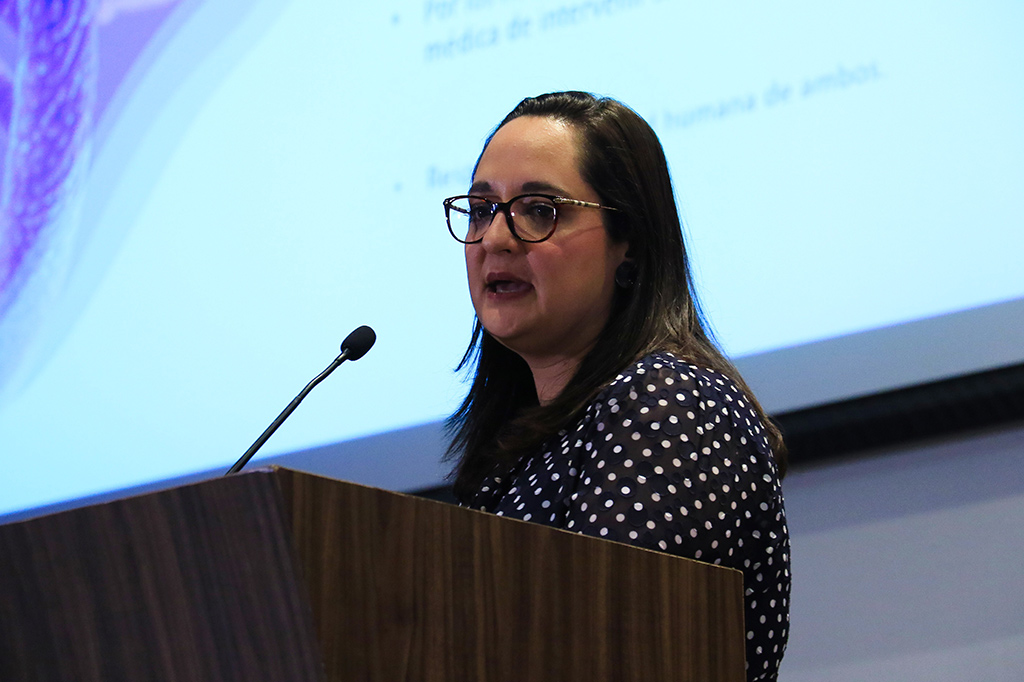
Innovations in Fetal Science
The conference Innovations in Fetal Sciencewas given by Dr. Jimmy Espinoza, professor in the division of Maternal-Fetal Medicine at UT Health Houston, who is currently part of the Fetal Intervention Directorate.
Dr. Espinoza explained that fetal surgery is an intervention that seeks to improve the results in cases of fetal malformations and discussed innovations in the field, highlighting the importance of the intervention in cases such as feto-fetal transfusion, congenital diaphragmatic hernia and spina bifida. He also mentioned techniques such as tracheal occlusion to treat diaphragmatic hernias and prenatal surgery for spina bifida.
He also presented studies and results, highlighting the effectiveness of certain interventions in reducing complications and improving the survival of affected babies. In addition, the risks associated with these interventions, such as uterine rupture in prenatal surgeries, were discussed.
The conference provided detailed information on techniques and results in fetal surgery, with a special focus on improving the quality of life of babies affected by malformations.
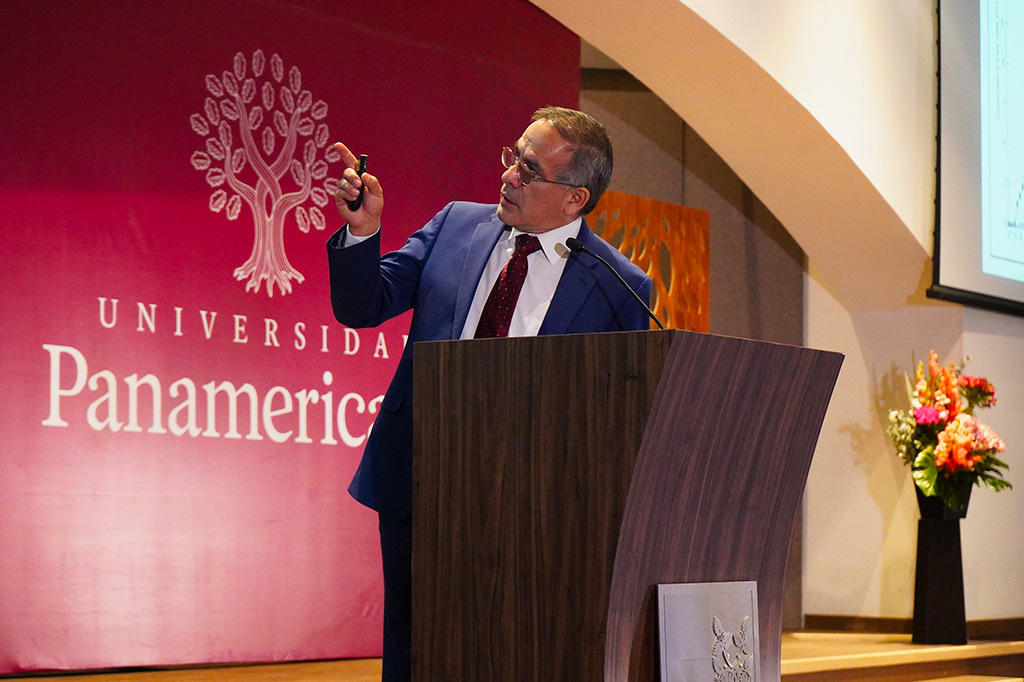
Perinatal palliative care
Afterwards, Dr. Alessandro Cecchini, head of S.O.S. Prenatal Diagnostics at the Operating Unit of Obstetrics and Gynecology Dell'Ospedale di Loreto in Ancona, gave a lecture on the following topics Perinatal Palliative Care.
In it, he highlighted the importance of offering perinatal palliative care focused on the wellbeing of the newborn and comprehensive support to families, recognizing the need for humanized and coordinated medical care in this area.
He emphasized the relevance of addressing specific problems in the perinatal setting, recognizing the need to overcome existing barriers and get out of the comfort zone in medical care.
He also emphasized mandatory training, both at university and post-university level, for health professionals handling complex perinatal situations, such as incompatibility with fetal life.
He also presented a coordinated care strategy that includes options to improve the quality of life and comfort of neonates with limiting conditions, in addition to providing support to families.
Finally, he mentioned the need to study and address the impact of trauma and bereavement on the loss of a child, as well as the importance of legislation, education and information exchange to improve perinatal palliative care worldwide.
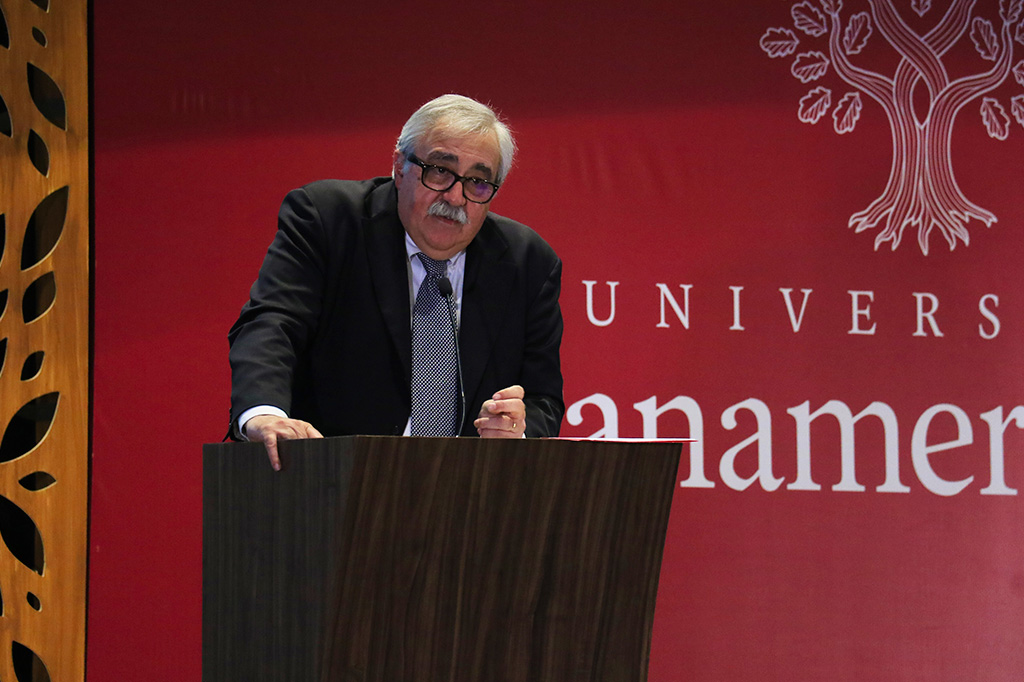
About the School of Medicine
The School of Medicine of the Universidad Panamericana seeks to train physicians who distinguish themselves not only for their solid professional competencies in health care, specialty and research, but also for their human qualities, profound ethical sense and social responsibility.
It also seeks to foster social responsibility in students so that they know how to respond to the health needs of the community.
Learn more at: https://www.up.edu.mx/educacion-facultad-de-ciencias-de-la-salud-oferta-academica-escuela-medicina/
